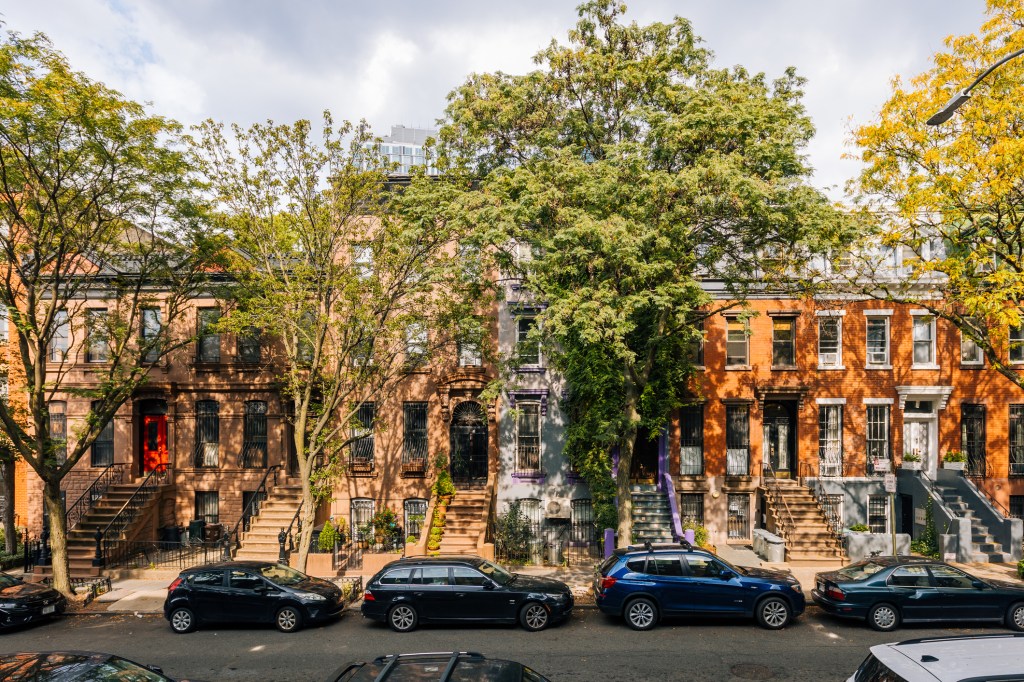Ana felt that she had to make a choice: obtain desperately-needed health services—like therapy—for her nine-year old daughter with autism, or risk that her family would have to leave the country or be separated, NPR reported last January. As an immigrant living in Texas, Ana feared that seeking more services for her daughter could jeopardize the process of obtaining legal permanent residency status (a “green card”), even though her daughter was a citizen enrolled in Medicaid.
Such fears—well-founded or not—may be growing. On Monday, the Trump administration fanned them when it released a new regulation branding legal immigrants “public charges,” and hence persona non grata, as punishment for using programs like Medicaid or food assistance. The rule also makes wealth a key criterion by which immigrants will be sorted when it comes to determining who can stay, and who must go.
Videos by VICE
In response, some immigrants will predictably avoid or disenroll from social programs—including healthcare—to which they are entitled. But even immigrants who are not targeted by the rule will invariably be confused and fearful of it, said Leah Zallman, a colleague at Harvard Medical School and the Cambridge Health Alliance who studies immigrant health. Like Ana, some will be afraid that even enrolling family members in government programs could jeopardize their immigration status—potentially leading to the separation of their family. And so, Zallman told me, parents “are dis-enrolling kids even when the kids have legal access to these benefits and are not subject to the rule.”
This “chilling effect,” as researchers call it, is a feature of such programs, not a bug. It would be a mistake to see the public charge rule as the consequence of ignorance among administration policymakers, or a failure to read the relevant public health literature. Their obvious purpose—in design if not in word—is redistribution: taking healthcare from low-income families in order to pad the bank accounts of the rich. This was the story of the 2017 Obamacare repeal bills, just as it is the story of Medicaid work requirements, and the public charge rule today.
A few months after the public charge rule was proposed last October, for instance, a study from the Urban Institute found that about a fifth of adults in low-income immigrant families were already avoiding government programs out of fear of sinking their prospects of obtaining legal permanent residency.
Their obvious purpose—in design if not in word—is redistribution.
One recent study in JAMA Pediatrics, led by Zallman, found that more than eight million children are at risk of losing access to health coverage or food assistance because of the rule. Those at risk include children with serious medical conditions—including hundreds of thousands with asthma and epilepsy. Without treatment, children with asthma can struggle to breathe, miss school, wind up in the ER or hospital—even asphyxiate. Failure to treat epilepsy, in turn, can lead to recurrent, dangerous, life-disrupting seizures. But that is simply a price the administration is willing to pay.
In 1882, in an earlier age of flourishing nativism, Congress passed the first “public charge” exclusion into federal law. However, the “public charge” rule has had a narrow scope in recent years, applying only to those who received cash assistance or public nursing-home care. The Trump administration’s new regulation upends that, casting legal immigrants who use a broad range of services—ranging from food stamps to housing assistance to Medicaid—as undesirables. Such “public charges” can then be denied a change in immigration status, such as issuance of a “green card.”
The new public charge rule hence weaves the administration’s xenophobic agenda into its broader regressive economic agenda. The administration’s head immigration official Ken Cuccinelli defended this draconian approach in an interview on NPR Tuesday by revising the famous quote inscribed on the Statue of Liberty’s pedestal. “Give me your tired and your poor,” he said, “who can stand on their own two feet, and who will not become a public charge.”
Not surprisingly, the rule mirrors the administration’s other health policies, such as the Medicaid work requirements championed by CMS administrator Seema Verma. Just like the public rule, Medicaid work requirements are ostensibly designed to reward a good work ethic. But in reality, both mainly serve to confuse working-class people—and squeeze them out of health coverage.
The new public charge rule hence weaves the administration’s xenophobic agenda into its broader regressive economic agenda.
More than 18,000 individuals lost Medicaid coverage after work requirements went into effect in Arkansas last year, even though few were actually targeted by the policy as written. A failure to understand the arcane requirements and exclusions “may explain why thousands of persons lost coverage even though more than 95% of the target population appeared to meet the requirements or qualify for an exemption,” as a recent study in the New England Journal concluded.
The stakes are high, because programs like Medicaid can be a lifeline for working-class families, immigrant and non-immigrant alike. Activist Kristian Hernandez, whose parents both emigrated from Mexico and who today helps guide immigrants applying for asylum through the legal process in Texas, told me how important food and healthcare benefits were for her working-class family growing up: “[W]e wouldn’t have been able to survive otherwise,” she said. Hernandez fears that the rule could keep immigrant families in a similar position from such benefits today.
The public charge rule is cut from the same cloth as the administration’s larger redistributive agenda. Together, these policies are engineered to take healthcare (and other benefits) from the working class—disproportionately immigrants and people of color—so as to benefit the privileged few. It’s class warfare, and the kids with asthma and epilepsy are the collateral damage.
Adam Gaffney is a physician and public health researcher at Harvard Medical School and the Cambridge Health Alliance. He serves as president of the advocacy organization, Physicians for a National Health Program.




